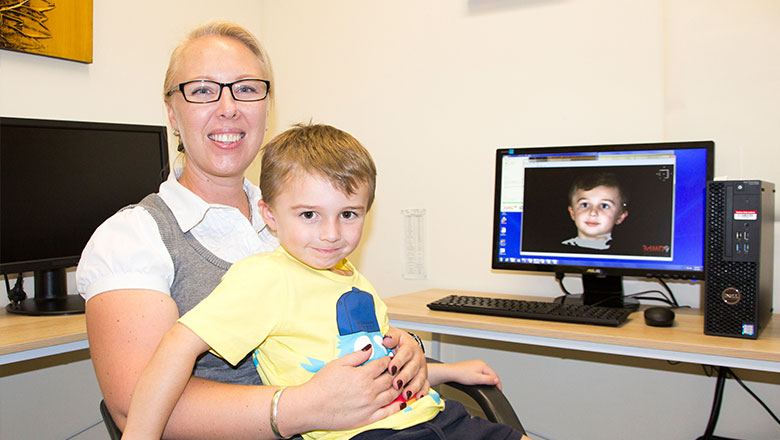Search
Research
Suicide by young Australians, 2006-2015: a cross-sectional analysis of national coronial dataCitation: Hill NTM, McGorry PD, Robinson J. Suicide by young Australians, 2006–2015: a cross-sectional analysis of national coronial data. Med J Aust
Research
Effect of Preemptive Intervention on Developmental Outcomes Among Infants Showing Early Signs of Autism: A Randomized Clinical Trial of Outcomes to DiagnosisIntervention for individuals with autism spectrum disorder (ASD) typically commences after diagnosis. No trial of an intervention administered to infants before diagnosis has shown an effect on diagnostic outcomes to date.
Research
Get it right, make it easy, see it all: Viewpoints of autistic individuals and parents of autistic individuals about the autism diagnostic process in AustraliaThe clinical process for being evaluated for an autism diagnosis is often time consuming and stressful for individuals and their caregivers. While experience of and satisfaction with the diagnostic process has been reviewed in the literature, few studies have directly investigated the viewpoints of individuals diagnosed with autism and caregivers of autistic individuals about what is important in the autism diagnostic process.
Research
Hypermasculinised facial morphology in boys and girls with Autism Spectrum Disorder and its association with symptomatologyThis is the first study demonstrating facial hypermasculinisation in ASD and its relationship to social-communication difficulties in prepubescent children
Research
Early autism symptoms in infants with tuberous sclerosis complexWe examined early signs of ASD in infants wit tuberous sclerosis complex, approximately 50% of whom will meet criteria for ASD by age 3.

News & Events
3D face scanner could improve early diagnosis for kids with autismCan you see signs of autism in a child's facial features? Telethon Kids researchers have acquired new face scanning technology to help answer this question.
Research
Is autism one or multiple disorders?Elucidating the underlying nature of the disorder(s) is a crucial step towards tailoring intervention to the biological and cognitive makeup of each individual.
Research
Common variation near ROBO2 is associated with expressive vocabulary in infancyIn this paper we conduct a genome-wide screen and follow-up study of expressive vocabulary in toddlers of European descent from up to four studies of the...
Research
TOBY play-pad application to teach children with ASD-A pilot trial.To investigate use patterns and learning outcomes associated with the use of Therapy Outcomes By You (TOBY. Playpad, an early intervention iPad application.
Research
Evidence for Distinct Cognitive Profiles in Autism Spectrum Disorders and Specific Language ImpairmentThis finding supports distinct cognitive profiles in ASD and SLI and may provide further evidence for distinct aetiological mechanisms in the two conditions.
